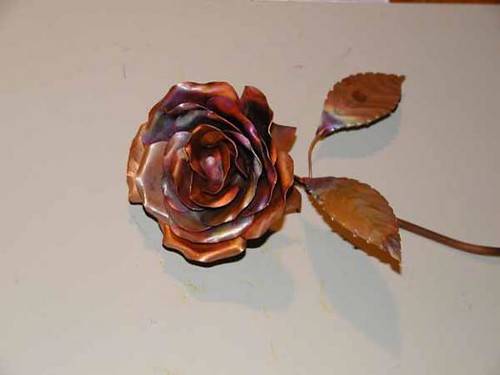Jo and I briefly discussed his idea that "the first impulse behind any traditional writing is plagiarism" last night during a talk about lyrics and poetry, and the more I think about it the more I side with Silliman, that the position is unassailable. At the same time, I'm also coming more and more to think that it's not necessarily as cynical as I first read it, and that the impulse of plagiarism isn't necessarily the horrible thing that education has led me to instinctively see it as.
As long as there's honesty and passionate sentiment behind the plagiarizing action/creation then what's the problem if it isn't intrinsically unique/revolutionary? Everything has the influence of everything that's come before it within it, whether in content or form, and I don't believe that recognizing that is a bad thing. Also I'm too in love with traditional forms to completely abandon them, so this melding of Williams's doctrine and the contemporary writing of traditionally influenced works really jives with me. If it's a sonnet, let it be a sonnet, just don't force it to be, let it be.
Haha, slightly juvenile rant today, just an interesting drunk discussion Jo and I had. Good times had by all.
"Friday, April 17, 2009

And, then, of course, there is this, what I’ve already noted once in the past month just may be the finest poem William Carlos Williams ever wrote:
The rose is obsolete
but each petal ends in
an edge, the double facet
cementing the grooved
columns of air – The edge
cuts without cutting
meets – nothing – renews
itself in metal or porcelain –
whither? It ends –
But if it ends
the start is begun
so that to engage roses
becomes a geometry –
Sharper, neater, more cutting
figured in majolica –
the broken plate
glazed with a rose
Somewhere the sense
makes copper roses
steel roses –
The rose carried weight of love
but love is at an end – of roses
It is at the edge of the
petal that love waits
Crisp, worked to defeat
laboredness – fragile
plucked, moist, half-raised
cold, precise, touching
What
The place between the petal's
edge and the
From the petal's edge a line starts
that being of steel
infinitely fine, infinitely
rigid penetrates
the Milky Way
without contact – lifting
from it – neither hanging
nor pushing –
The fragility of the flower
unbruised
penetrates space"

No comments:
Post a Comment